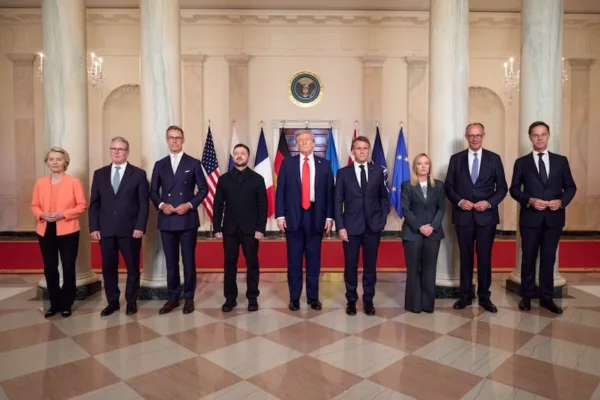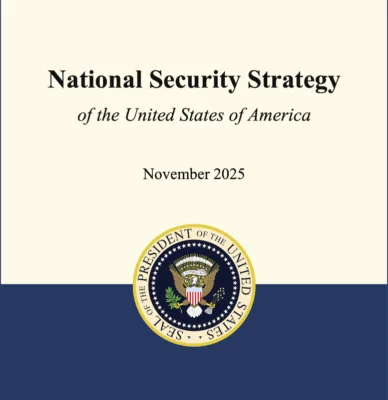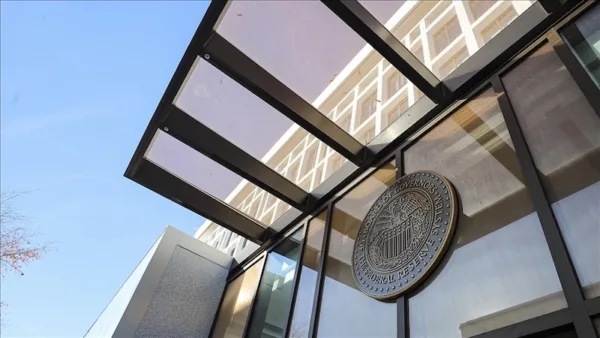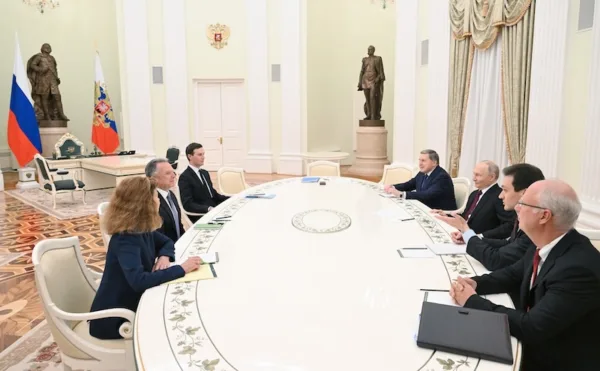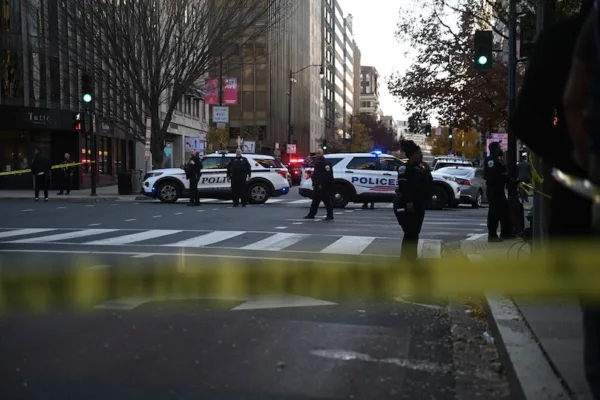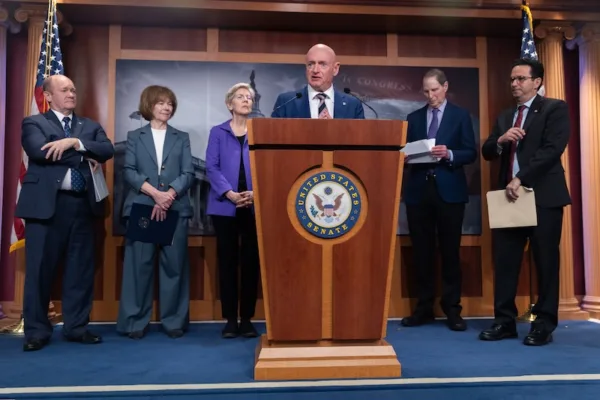The New Geopolitical Realities for Russia
Find a full summary of the event here.
The Russian Federation began to overcome some of its residual political, economic, and military problems progressively after the demise of the Soviet Union, and since the end of the 1990s has begun to display a rather more assertive foreign and security policy. The main turning points of the Russian Federation’s aggressive resurgence can be identified as, first, during the Colored Revolutions which ended with Moscow’s intervention in 2008 in Georgia, and later, with the 2014 annexation of Crimea. The future is unclear, since the Kremlin has both advantages and serious disadvantages, especially in relation to her major rival, the United States.
Join The SETA Foundation at Washington DC, as we discuss The New Geopolitical Realities for Russia, an edited volume published recently by Lexington books and edited by Prof. Nurşin Güney.
The panel will examine Russia’s failed attempts to exert geopolitical dominance, including the Ukrainian crisis, as well as Russia’s broader destabilization tactics in the Middle East and around the world.
Speakers
Nurşin Güney, Professor of International Relations, Bahcesehir University Global Campus in Cyprus and Member of Turkey’s Presidential Security and Foreign Policies Council
Ellen Wasylina, CEO, Transatlantic Global Advisory
Gawdat Baghdat, Professor of Political Science, National Defense University
Vişne Korkmaz, Professor of Political Science and International Relations, Bahcesehir University Global Campus in Cyprus
Moderated by Kılıç B. Kanat, Research Director, The SETA Foundation at Washington, DC
Register







